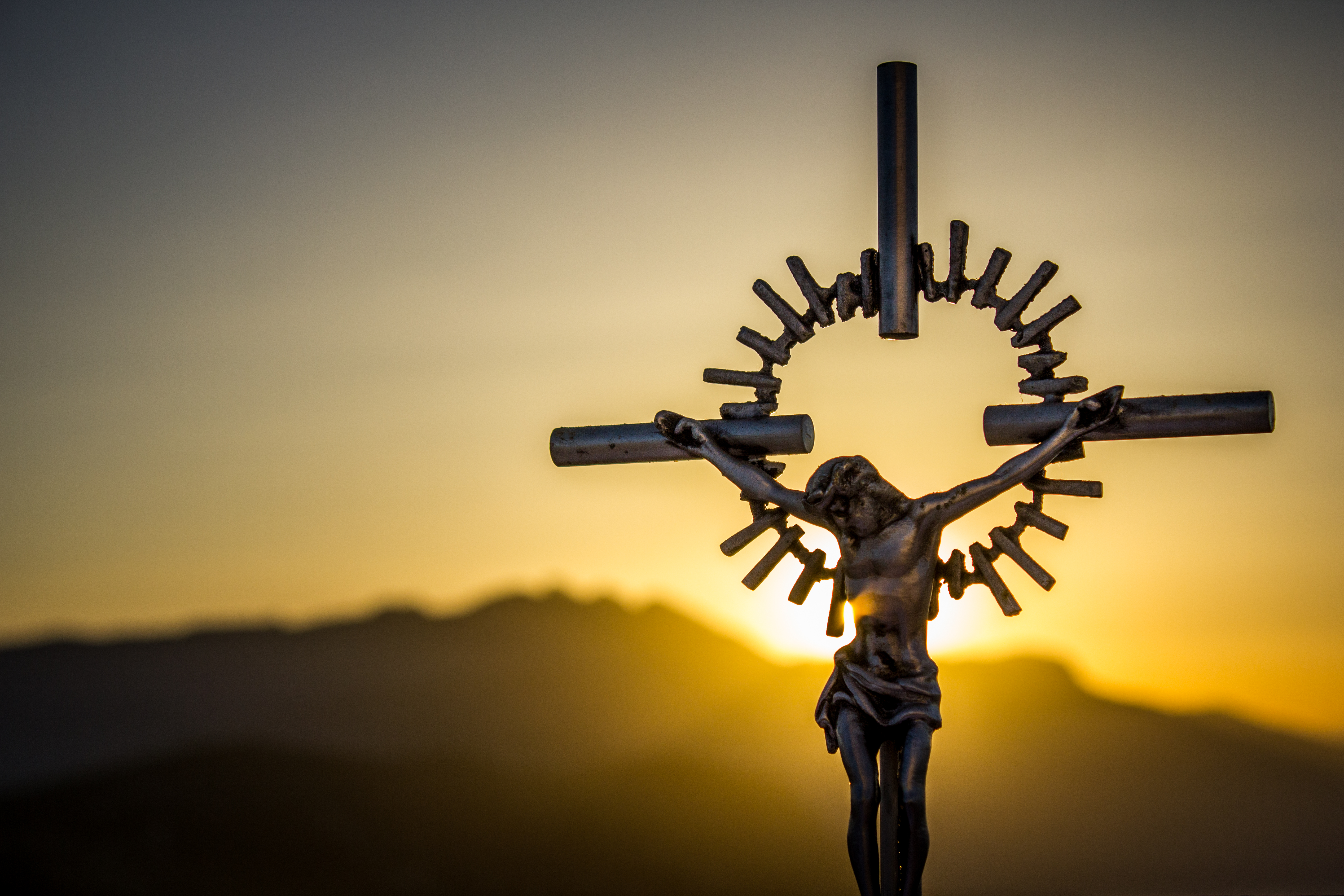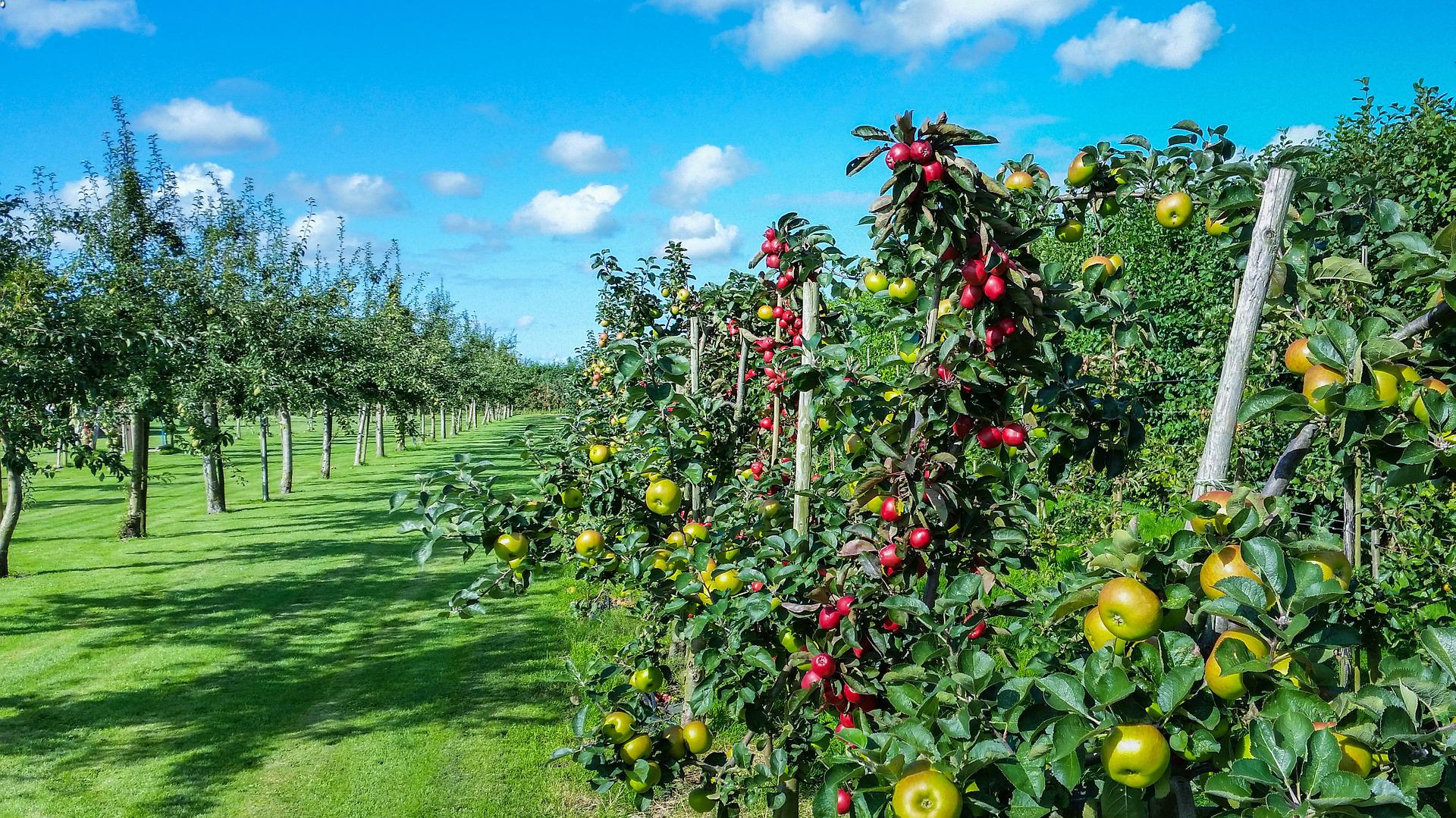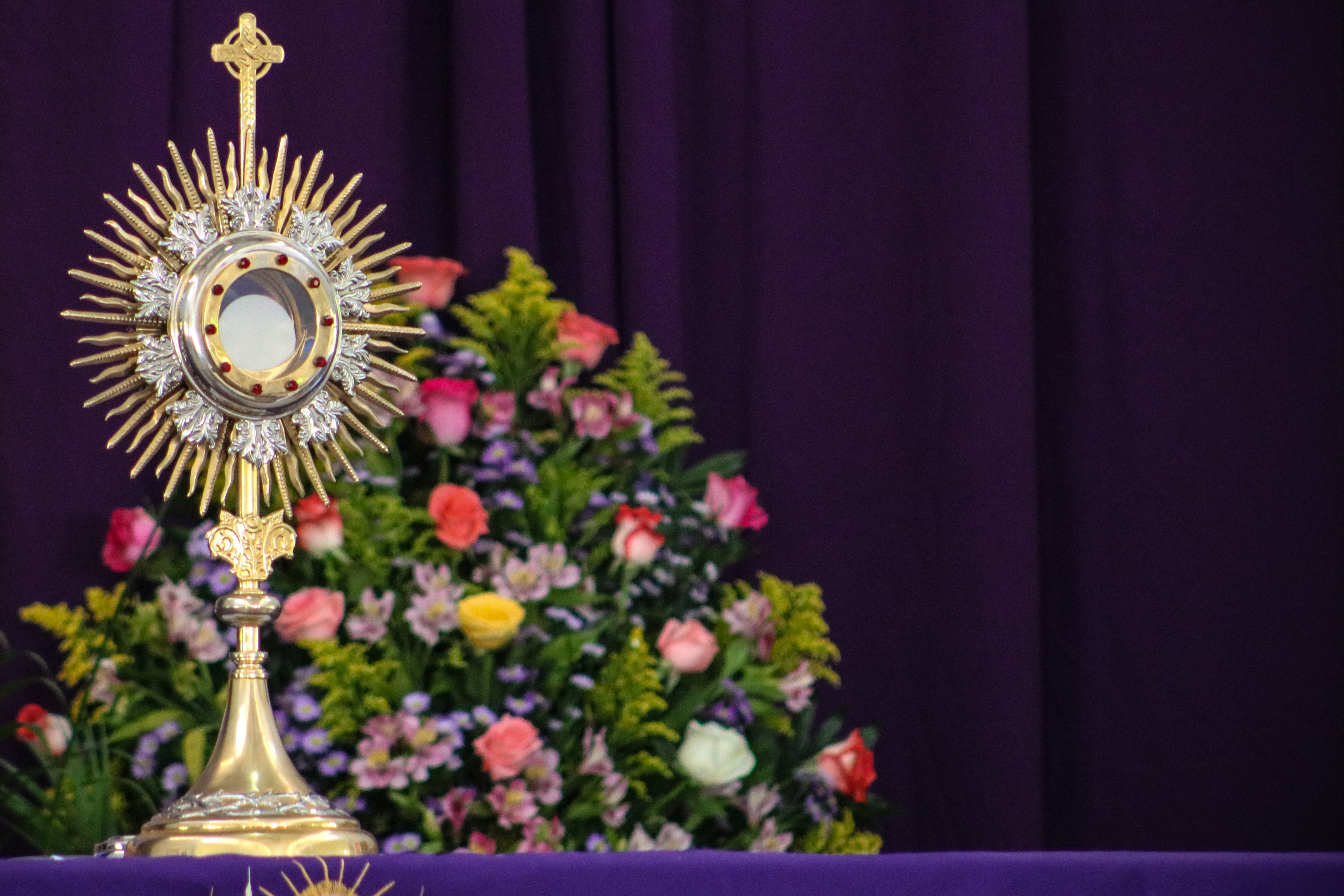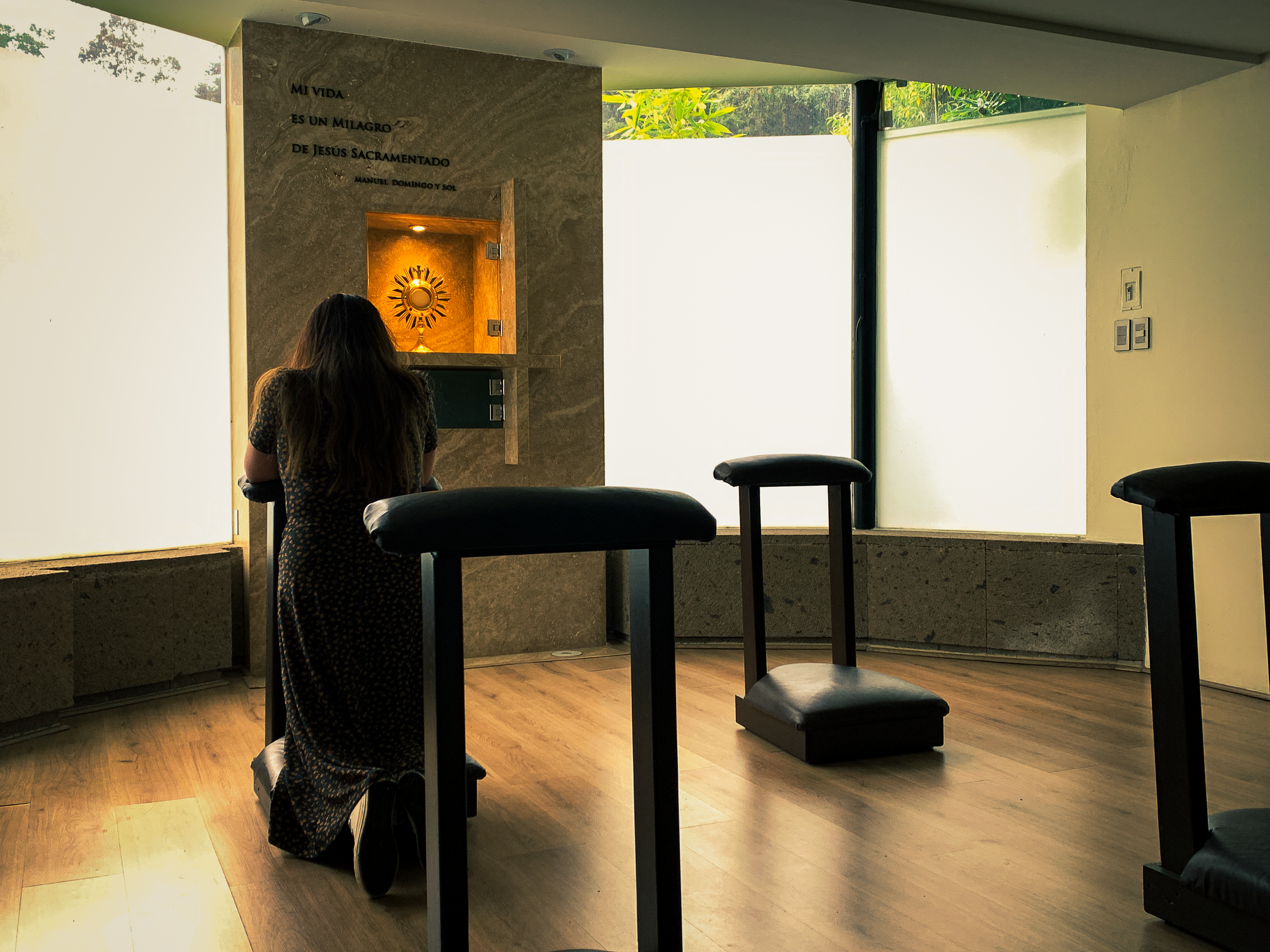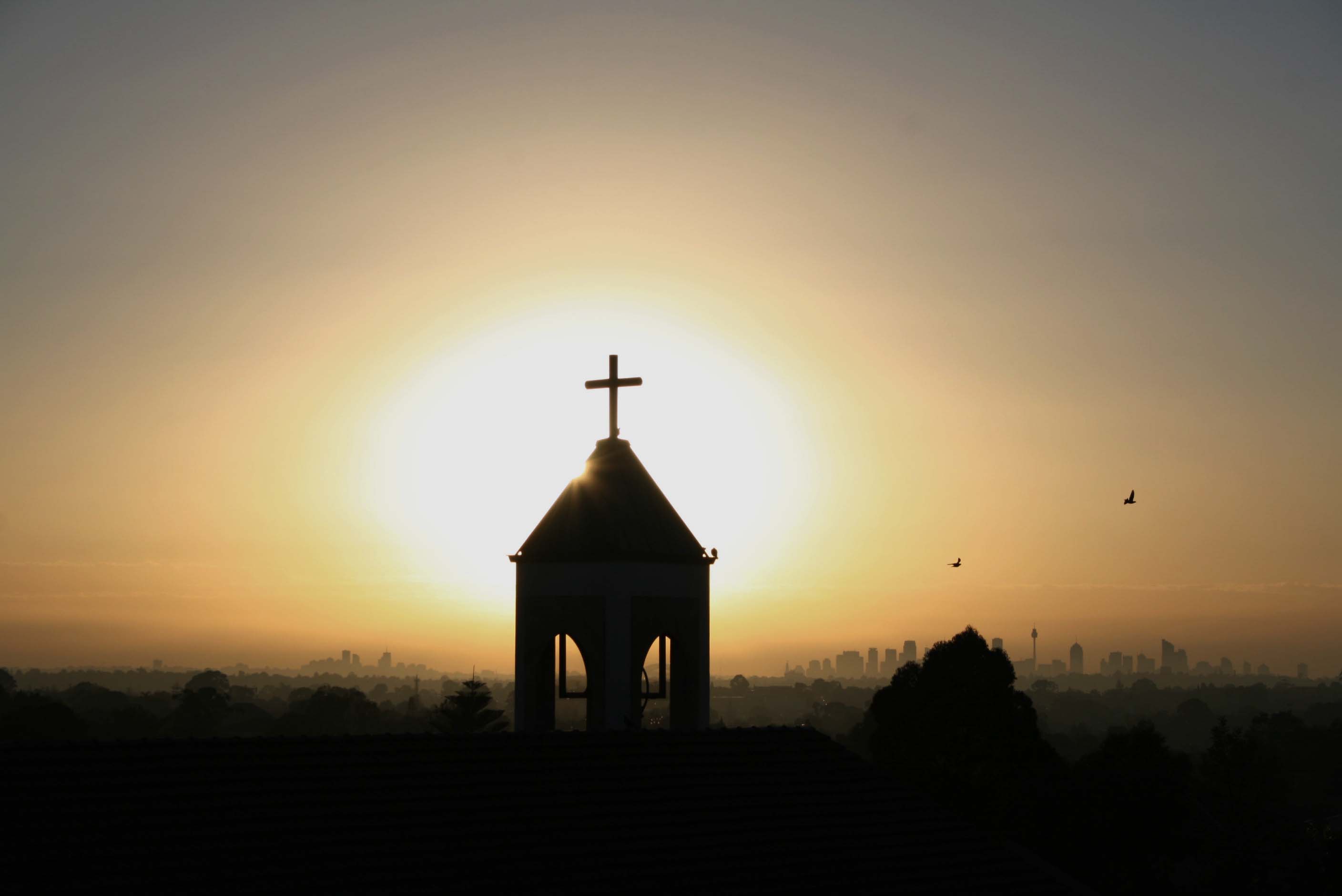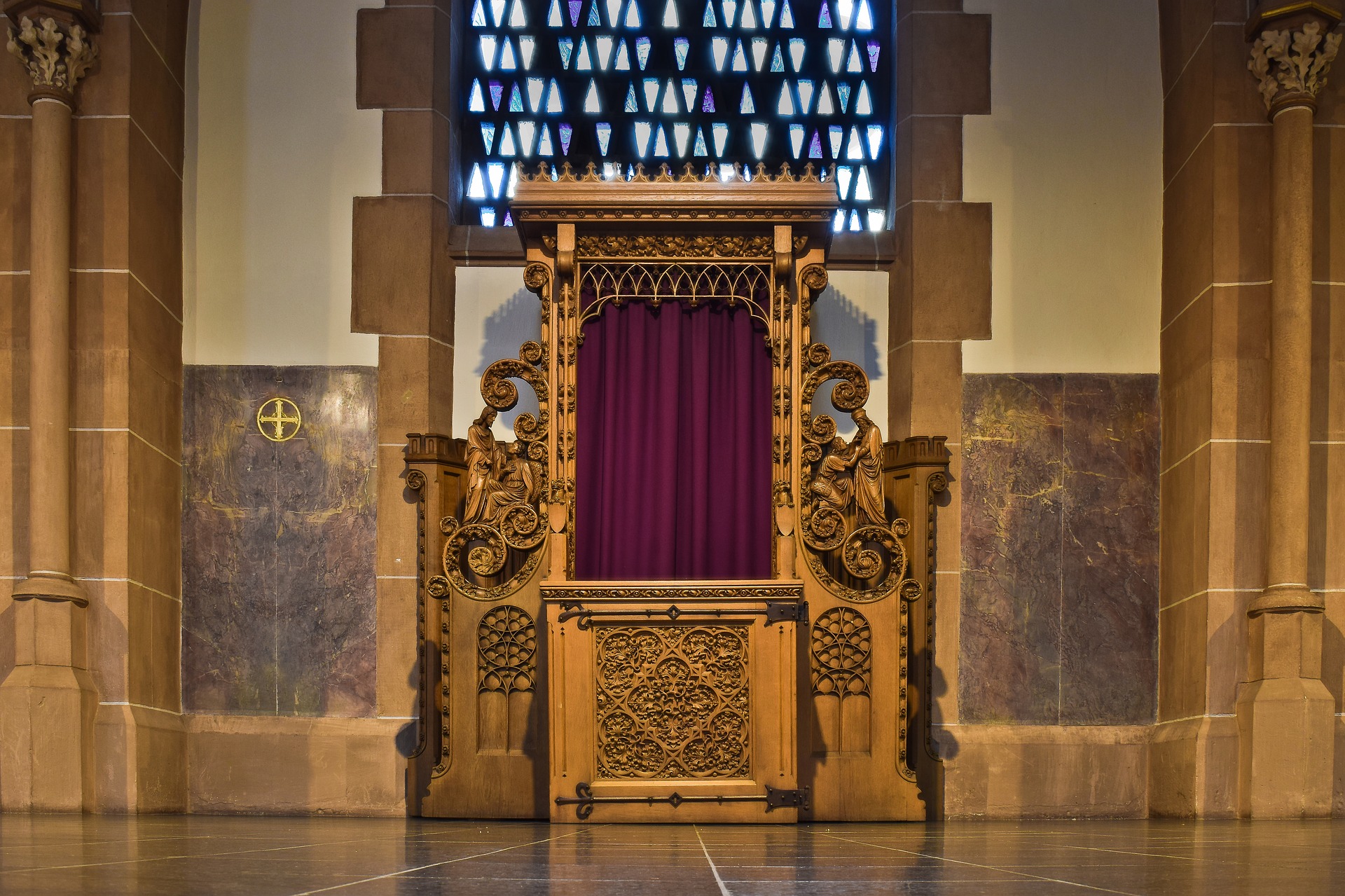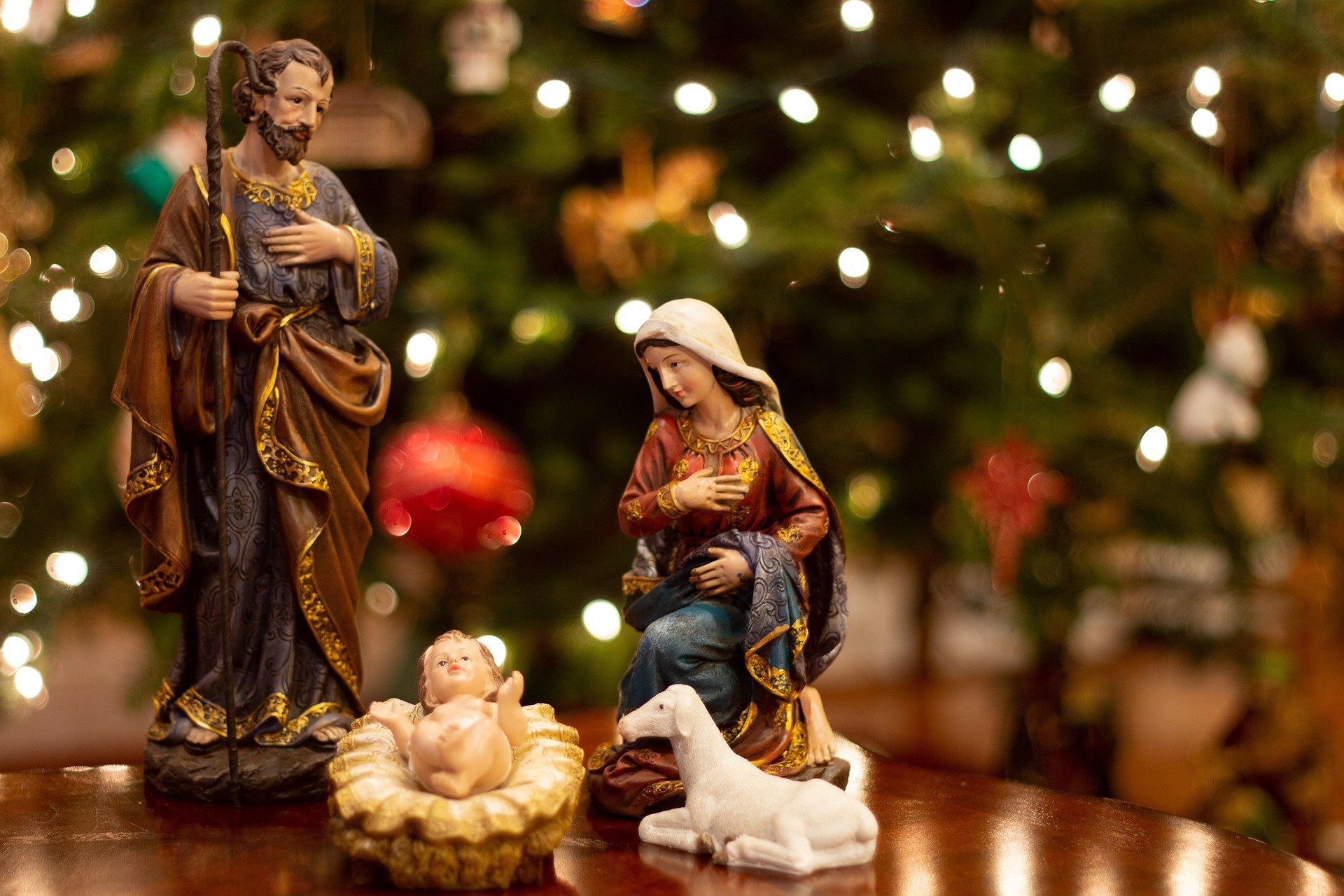Jesus refused to be a sideshow attraction, as he rightfully should have. Jesus referred to the generation he encountered on earth as evil for their unwillingness to accept the things of heaven on faith. They sought signs and wonders; some were given, but not on demand to humor the believer. Instead, the signs offered blessed those already possessing faith, even faith as small as a mustard seed.
Yes, even the tiniest mustard seed of faith can move mountains. Faith preceded the healing of the hemorrhaging woman, Jairus’ Son, and the centurion’s slave. No one is more guilty of seeking signs than this girl! And when I first read Jesus’ words in this Gospel, I was taken aback, having been blessed abundantly with signs accredited by me to the showering of love and mercy from heaven. I didn’t consider my desire to see God in some tangible way as evil; most often, I sought signs to clarify His will over mine. Not as proof of his existence but as affirmation of what He was asking of me.
I have discovered a vast difference between the one who demands proof of God’s existence versus the one who seeks verification of the will of God. The skeptic who looks to check Jesus’ heavenly ID card to prove He is who He says He is, versus those who accept the truth on faith. We should not mistake the proud trying to debunk the humble approaching God’s throne of grace with confidence for an occasional bit of reassurance, not convincing.
If His Resurrection doesn’t convince them, nothing else He does will. The sign of Jonah would be witnessed and attested to not only by believers but also by “hostile witnesses.” People alive at the time of the Resurrection who, although they did not wish to perpetuate Jesus’ mission, could not refute what their eyes beheld. Jesus who died had risen, not as a spirit but as a man, who ate among them, something a ghost cannot do and has no need for.
Seeing by faith and not by sight, as Jesus tells St. Thomas, is a tremendous gift. “Have you believed because you have seen me? Blessed are those who have not seen and yet believe.” I believe Jesus; sometimes, I just need a little nugget to help my unbelief.
Jesús se negó a ser una atracción secundaria, como debería haberlo hecho. Jesús se refirió a la generación que encontró en la tierra como mala por su falta de voluntad para aceptar con fe las cosas del cielo. Buscaban señales y prodigios; algunos fueron dados, pero no a pedido para complacer al creyente. En cambio, las señales ofrecidas bendijeron a aquellos que ya tenían fe, incluso una fe tan pequeña como una semilla de mostaza.
Sí, incluso una fe muy pequeña como la semilla de mostaza puede mover montañas. La fe precedió a la curación de la mujer con hemorragias, el hijo de Jairo y el esclavo del centurión. Tengo que decir que ¡nadie es más culpable de buscar señales que yo! Y cuando leí por primera vez las palabras de Jesús en este Evangelio, quedé desconcertada, habiendo sido bendecida abundantemente con señales acreditadas por mí para la lluvia de amor y misericordia del cielo. No consideré mi deseo de ver a Dios de alguna manera tangible como malo. La mayoría de las veces, he buscado señales para aclarar Su voluntad sobre la mía, no como prueba de su existencia, sino como afirmación de lo que él me estaba pidiendo.
He descubierto una gran diferencia entre el que exige prueba de la existencia de Dios y el que busca la verificación de la voluntad de Dios. El escéptico que busca verificar la tarjeta de identificación celestial de Jesús para probar que Él es quien dice ser, frente a aquellos que aceptan la verdad por fe. No debemos confundir a los orgullosos que intentan desacreditar a los humildes que se acercan al trono de la gracia de Dios con confianza con un poco de tranquilidad ocasional, sin convencer.
Si Su Resurrección no los convence, ninguna otra cosa que Él haga lo convencerá. La señal de Jonás sería presenciada y atestiguada no solo por los creyentes sino también por “testigos hostiles”. Las personas que vivían en el momento de la Resurrección que, aunque no querían perpetuar la misión de Jesús, no podían refutar lo que veían sus ojos. Jesús que murió había resucitado, no como un espíritu sino como un hombre, que comía entre ellos, algo que un fantasma no puede hacer ni tiene necesidad de hacer.
Ver por la fe y no por la vista, como le dice Jesús a Santo Tomás, es un don tremendo. “¿Has creído porque me has visto? Bienaventurados los que no han visto y creen”. Yo creo a Jesús; a veces, solo necesito una pequeña semilla para ayudar a mi incredulidad.
 Allison Gingras is a Deacon’s wife and seasoned mom of three. Allison works for Family Rosary as a social media and digital specialist, as well as a new media consultant for Catholic Mom and the Diocese of Fall River. She is the author of Encountering Signs of Faith: My Unexpected Journey with Sacramentals, the Saints, and the Abundant Grace of God (Fall 2022, Ave Maria Press). Allison developed the Stay Connected Journals for Women series including her two volumes – The Gift of Invitation and Seeking Peace (OSV). She’s hosted A Seeking Heart with Allison Gingras podcast since 2015.
Allison Gingras is a Deacon’s wife and seasoned mom of three. Allison works for Family Rosary as a social media and digital specialist, as well as a new media consultant for Catholic Mom and the Diocese of Fall River. She is the author of Encountering Signs of Faith: My Unexpected Journey with Sacramentals, the Saints, and the Abundant Grace of God (Fall 2022, Ave Maria Press). Allison developed the Stay Connected Journals for Women series including her two volumes – The Gift of Invitation and Seeking Peace (OSV). She’s hosted A Seeking Heart with Allison Gingras podcast since 2015.
Feature Image Credit: Nicolás Nuñez, LC, cathopic.com/photo/13647-luz-del-mundo
The views and opinions expressed in the Inspiration Daily blog are solely those of the original authors and contributors. These views and opinions do not necessarily represent those of Diocesan, the Diocesan staff, or other contributors to this blog.
